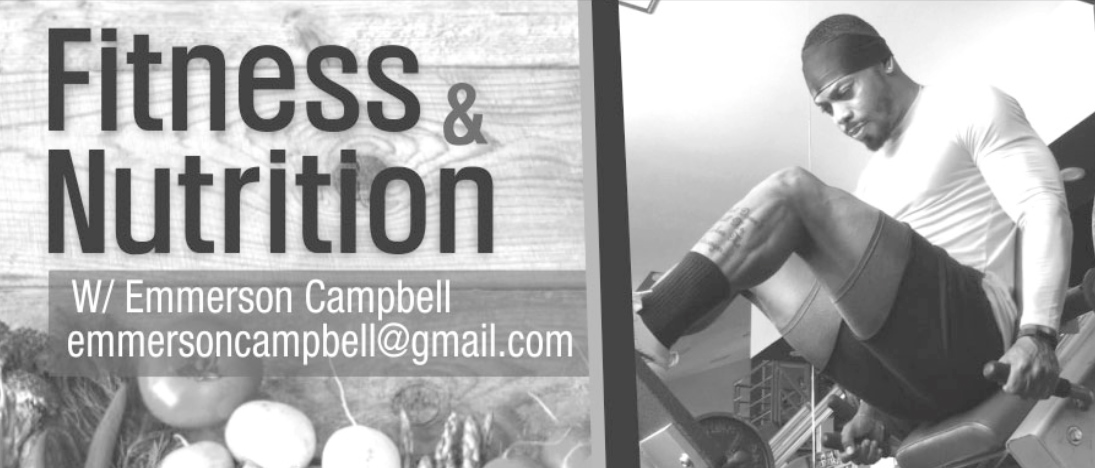We live in a world that seems to thrive on myths and there are mythical figures that we love that form part of our traditions, like the Easter Bunny, Santa Claus and the Tooth Fairy, just to name a few.
Bodybuilding and fitness have myths of their own. Not only are these myths echoed in gyms and fitness circles around the world, but they also linger from one generation to the next. Fitness myths may lead to beginners being sidetracked, or even intermediates training in the wrong way. It is more than appropriate then to debunk them every once in a while.
One of the biggest fitness myths out there is that you have to lift heavy to build muscle. Does lifting heavy weights build muscle? Yes.
However, lifting lighter weights can also build muscle, especially if a person is used to lifting heavy and performing lower reps; then switches it up and shocks the body by increasing time under tension. The key is to stress the muscle via the principle of overload, to promote growth. This can be done in a variety of ways and lifting heavy weights is just one of them.
Another myth is that big muscles equals strength. Just because someone looks strong, doesn’t necessarily mean they are.
When you build muscle, you become stronger. However, there are people who don’t look particularly muscular; yet can out-bench someone who is jacked.
Strength development is often the result of performing the same movements frequently, whilst perfecting technique. However, a muscular bodybuilder may just have good genetics, without training often and lack technique.
There are also big bodybuilders who are very strong. Some of them also shout ‘ain’t nothing but a peanut’ when lifting abnormal amounts of weight.
The idea that you can spot-reduce is another famous myth.
Some people believe you can lose fat from specific parts of your body. Luckily this isn’t the case, otherwise people would undoubtedly be walking around, resembling all sorts of odd shapes.
When you diet and eat in a calorie deficit, your body is the one that decides where you lose it. Generally, this will be done proportionally. However you might notice that your stubborn areas may not lose it as fast as you’d like. This is simply because there’s more fat in these locations, thus you’ll need to continue losing weight in order for these to decrease in size.
Is creatine a steroid? No. That is a myth.
When beginners first hear about creatine, they automatically think it’s a steroid. To set the record straight, creatine monohydrate is a non-essential amino acid, naturally produced by the body.
It will not give you steroid-like gains, however research suggests that it is effective for increasing muscular strength and size.
Creatine will cause water retention like anabolic steroids, however it will not produce any of the other harsh effects. As with any supplement, see your healthcare provider before starting to use it.
Does fat make you fat? Eating fat, in the sense of the macronutrient, will not make you fat (contrary to the myth).
Only eating high amounts of calories has the ability to cause fat gain in the body. If you were to eat a high-fat diet, yet be in a calorie deficit – you would lose weight.
Carbs also don’t make you fat, although it would be wise to stick to unrefined carbohydrate sources throughout the day to keep blood sugar levels stable (for health purposes).






